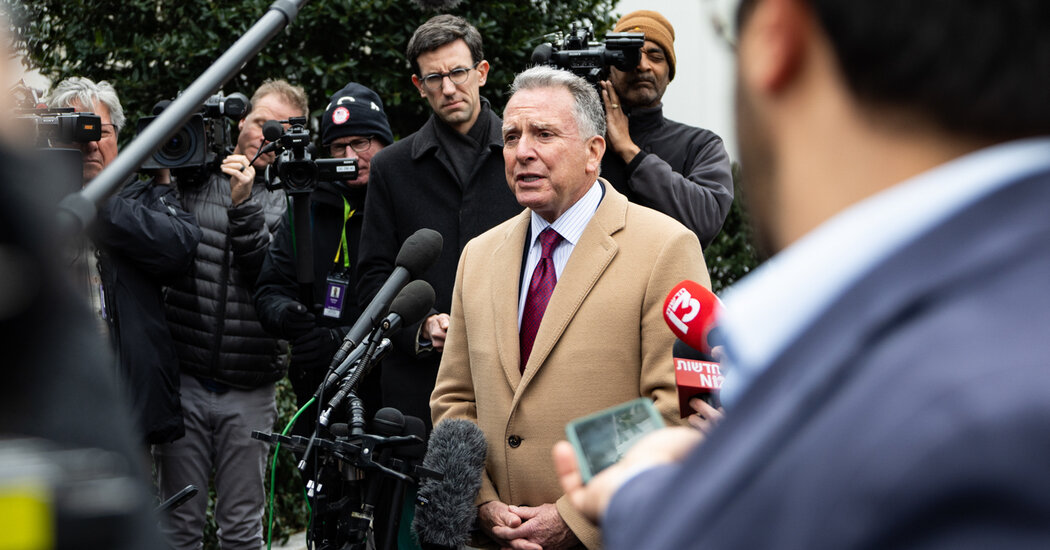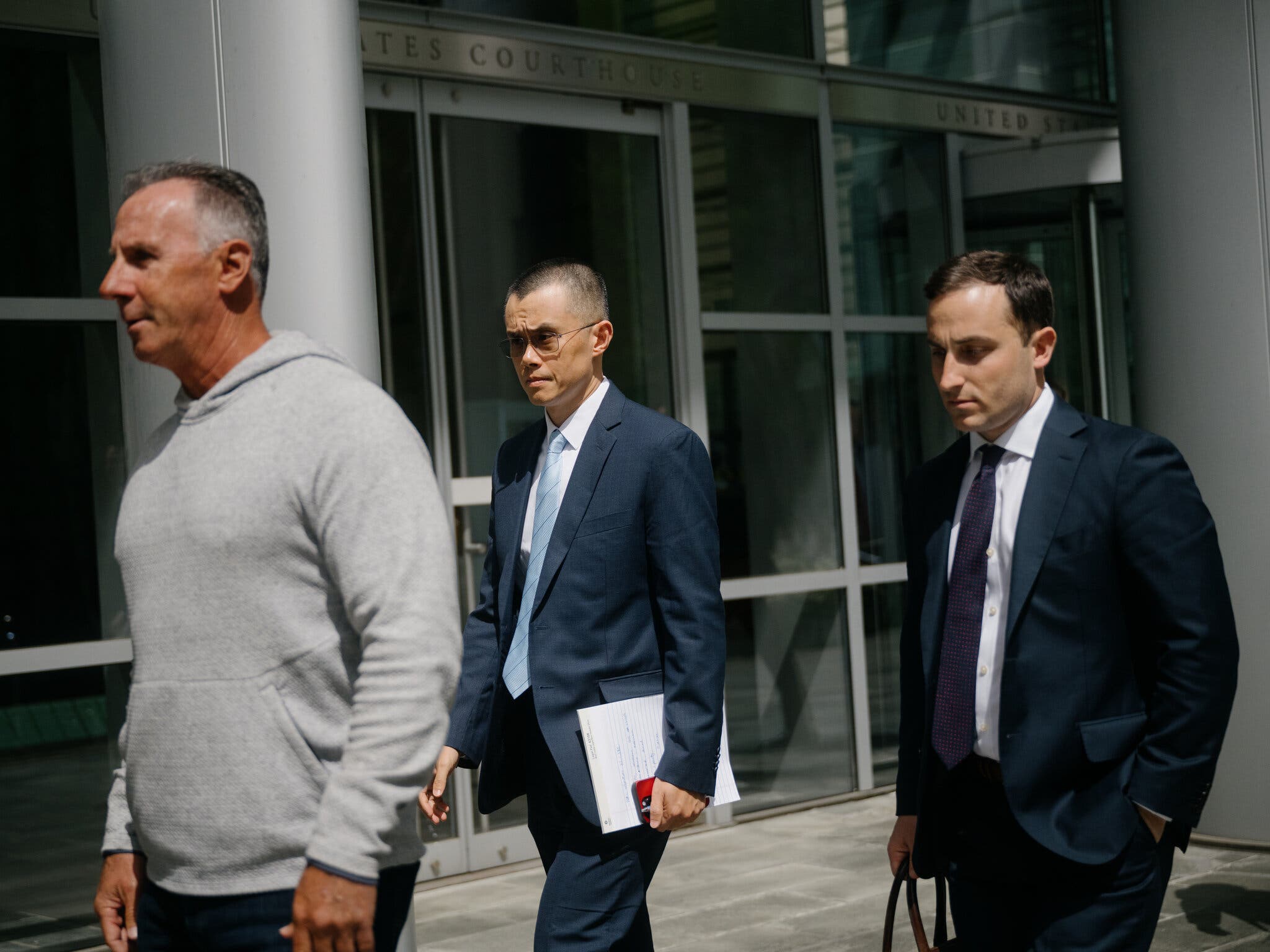U.S. Intelligence Faces Russia Dilemma
On Tuesday, America’s top intelligence officials will release their current assessment of Russia. They are caught between what their analysts say and what President Trump wants to hear.
America’s Intelligence Dilemma: Assessing Russia Under Trump’s Influence
Mr. Witkoff’s assertions have amplified the discomfort among both American intelligence officials and international allies. They are being asked to reconcile conflicting narratives: the traditional view of Russia as a hostile adversary versus a newer, more conciliatory portrayal fostered by certain members of the Trump administration. As this narrative shift occurs, the potential consequences for international cooperation are becoming increasingly apparent. Allies express concern that this American policy change might weaken the collective intelligence-sharing framework that has been vital in maintaining security and stability. Despite these developments, intelligence agencies seem poised to maintain their stance on Russia, focusing on a factual assessment of its actions and intentions. The upcoming Worldwide Threat Assessment is under scrutiny, as it could either confirm or challenge the administration’s increasingly controversial perspective on U.S.-Russia relations. With tensions along Ukraine’s borders remaining high, the implications of how these assessments are presented to Congress could significantly influence both domestic policy and international relations.
Internal Discord in the Trump Administration’s Russia Policy
The transformation of American policy towards Russia seems to be causing significant concern among its allies and is presenting a challenge for American intelligence officials who rely heavily on allied cooperation for intelligence gathering. The apparent shift aligns with some Russian narratives, threatening to disrupt the usual flow of intelligence sharing. This concern was highlighted when key allies, though choosing to remain anonymous, expressed alarm at remarks by Mr. Witkoff that appeared to validate Kremlin talking points, including his controversial recognition of disputed referendums in Ukraine as legitimate. Such statements risk undermining the integrity of intelligence relationships established over years, as allies become wary about U.S. policies and their alignment with intelligence findings.
The Shifting American Policy on Russia
The shifting perceptions and narratives coming from the Trump administration are leaving longstanding allies and intelligence officials grappling with a new dilemma. If the statements by figures like Mr. Witkoff, which echo Russian rhetoric, gain prominence, trust between the United States and its allies could be severely undermined. This potential rift threatens the delicate balance of intelligence-sharing that plays a crucial role in global security frameworks. As concerns grow over the interpretation and portrayal of events in Ukraine, especially those seen to legitimate Russian actions, allied nations fear the erosion of a united front against aggression. The repercussions might mean reduced collaboration in intelligence, diminishing the collective capability to respond to global threats effectively.
The Impact of Shifting American Policy on Intelligence Alliances
In conclusion, the complex nature of the ongoing geopolitical issues between the United States and Russia underscores a broader challenge for America’s intelligence community. As they navigate these murky waters, the enduring tension between traditional assessments of foreign threats and the current administration’s unorthodox approach continues to complicate alliances and policy decisions. Moving forward, the nuanced handling of these relationships will be crucial in maintaining both national and international security stability.















Post Comment